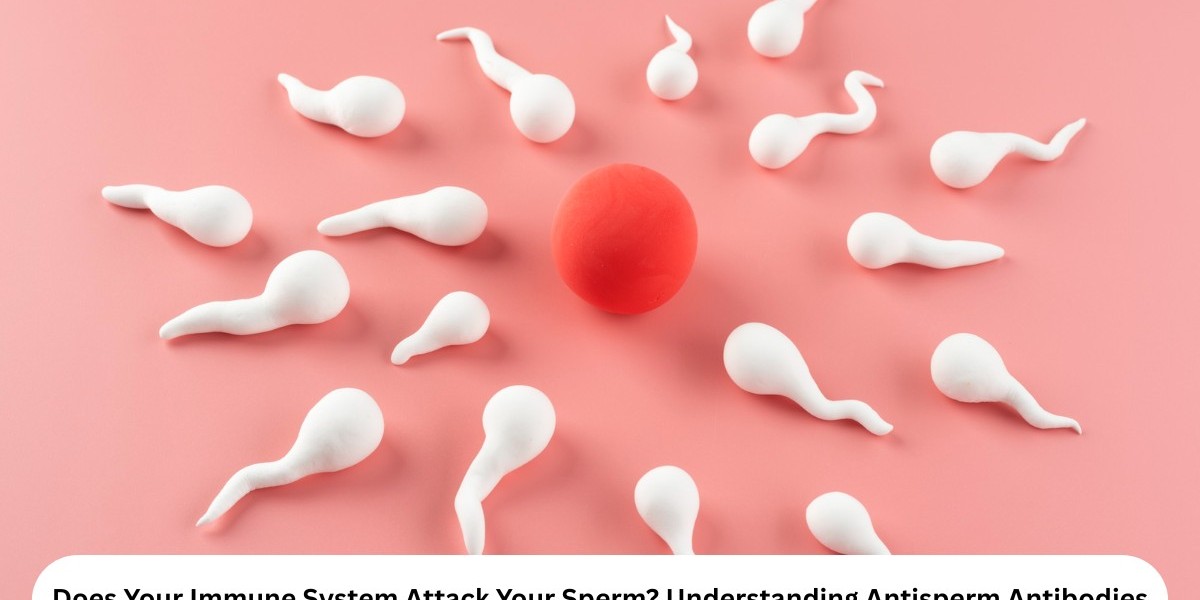Many patients ask, "Why do root canals hurt?", especially when experiencing tooth pain or facing the prospect of this common dental procedure. Root Canal Treatment in Dubai have a reputation for being painful, but much of the discomfort actually comes from the infected or damaged tissue within the tooth rather than the treatment itself. Understanding the root cause of pain can help demystify the process and ease anxiety about this essential dental service.
The Cause of Pain Before a Root Canal:
The primary reason root canals are associated with pain is not the procedure but the infection or inflammation in the tooth pulp that makes the treatment necessary in the first place. When bacteria penetrate the tooth’s inner layers due to decay, cracks, or trauma, the nerves and blood vessels inside become inflamed or infected, leading to severe pain.
Common causes of pulp damage include:
Deep dental cavities left untreated
Repeated dental procedures on the same tooth
Cracks or chips exposing the pulp
Traumatic injuries even without visible damage
This infection puts pressure on the surrounding tissue and nerves, resulting in throbbing, sensitivity, and swelling that many people mistakenly blame on the root canal procedure itself.
What Happens During the Procedure?
Another reason people ask, "Why do root canals hurt?" is due to a misunderstanding of what actually happens during the process. A root canal is a controlled treatment designed to relieve pain, not cause it. Dentists use local anesthesia to numb the affected area, ensuring that patients feel minimal discomfort during the procedure.
Here’s a quick overview of the process:
The dentist removes the infected pulp and nerve tissue
The inside of the tooth is thoroughly cleaned and disinfected
The root canals are shaped and filled with a biocompatible material
The tooth is sealed to prevent further infection
Any minor soreness after the procedure is typically from tissue inflammation and is manageable with over-the-counter pain relievers.
Post-Treatment Pain: What to Expect
After a root canal, it's normal to experience some sensitivity or discomfort for a few days. This temporary pain is usually a result of:
Mild inflammation in the surrounding tissues
The healing process following the removal of nerve tissue
Pressure or bite changes due to the newly treated tooth
Most patients describe this discomfort as less intense than the pain they felt before the root canal. Dentists often prescribe antibiotics or pain medication if needed, and most patients return to their normal routine within a day or two.
Why Pain Might Persist After a Root Canal?
If you're still wondering "Why do root canals hurt?" days or weeks after treatment, it may indicate a complication or the need for further attention. Some reasons pain might persist include:
Incomplete removal of infected tissue
Missed or hidden canals in complex tooth anatomy
Reinfection due to a failed seal or crown delay
Cracks or fractures in the tooth structure
In rare cases, retreatment or additional procedures such as apicoectomy (removal of the tooth root tip) may be necessary to resolve persistent discomfort.
How to Minimize Root Canal Pain?
The good news is that there are several ways to reduce pain before, during, and after a Root Canal Treatment . By taking the right precautions and following your dentist’s instructions, you can make your recovery smoother and less stressful.
Tips to minimize root canal pain include:
Taking prescribed or recommended pain relievers as directed
Avoiding hard or chewy foods while healing
Keeping the area clean and maintaining oral hygiene
Returning for your permanent crown or restoration on time
Communicating any prolonged discomfort to your dentist early
Ultimately, asking "Why do root canals hurt?" reveals more about the nature of dental infection than the procedure itself. Modern root canal treatments are highly effective and are more about relieving pain than causing it.








